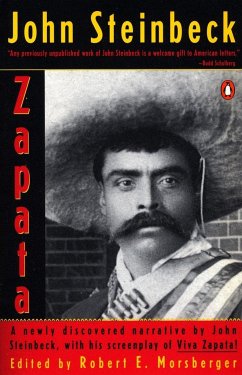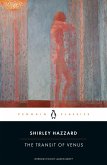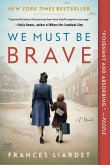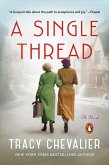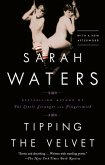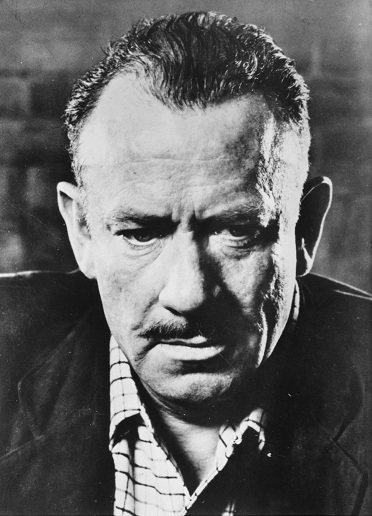Before there was Viva Zapata!, the acclaimed film for which John Steinbeck received Academy Award nominations for best story and screenplay, there was the original Zapata. In the research library of UCLA, James Robertson unearthed Steinbeck's original narraive of the life of Emiliano Zapato, "the Little Tiger," champion of the peasants during the Mexican Revolution. This story, upon which Steinbeck based his classic script Viva Zapata!, brilliantly captures the conflict between creative dissent and intolerant militancy to give us both a timesless social statement and an invaluable work of art. This new volume includes the screenplay, with copious notes by the film's acclaimed director, Elia Kazan, as well as Steinbeck's captivating narrative.
Hinweis: Dieser Artikel kann nur an eine deutsche Lieferadresse ausgeliefert werden.
Hinweis: Dieser Artikel kann nur an eine deutsche Lieferadresse ausgeliefert werden.

